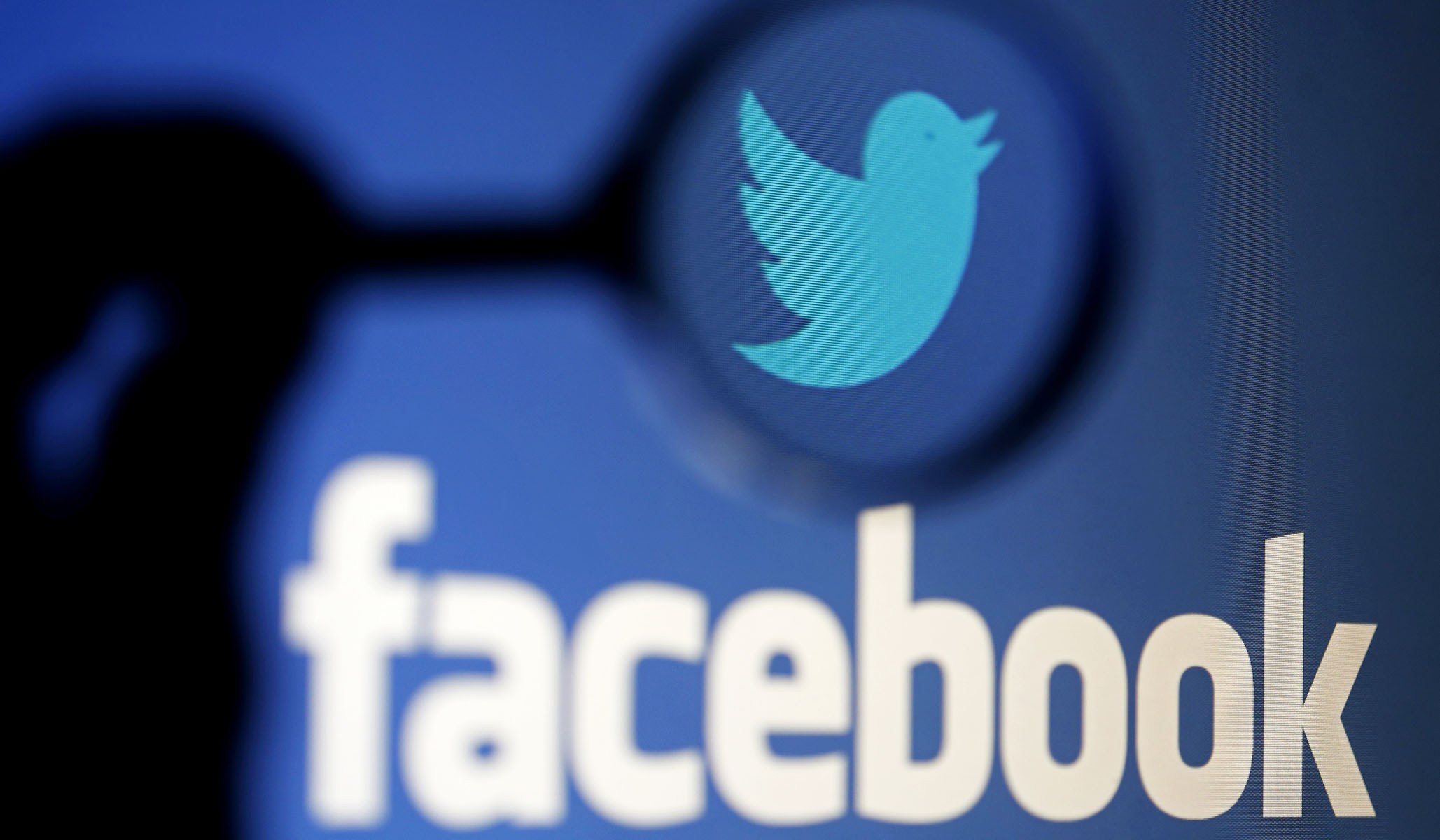By: David French – nationalreview.com – November 26, 2018
Human nature wins.
There was a time, not too long ago, when the American tech billionaires truly believed they could have it all. They believed that they could create platforms for all people, encourage engagement and dialogue, get immensely rich, and change the world in a specific, progressive way.
Think back to 2011. That was the era of the “Twitter Revolution,” the social-media-empowered revolts of the Arab Spring that brought dictators to their knees. As Wired magazine put it, social networks didn’t overthrow governments, but “the speed of communication through digital channels [gave] activists unprecedented agility during street operations.”
America’s newspapers were full of think pieces analyzing the role of Twitter and Facebook in these protests. In those early days, the conventional wisdom was clear. The Arab Spring was good, and social media played an important role in making it happen.
Now think back to 2013. Playing electoral games with Facebook was seen as a good thing to do. In June of that year, the New York Times ran a long, glowing profile of the Obama digital team — a group of brilliant young tech nerds who developed a rather creative way to use Facebook, a method that granted the campaign extraordinary access to information about their supporters’ online friends. Facebook took notice:
The campaign’s exhaustive use of Facebook triggered the site’s internal safeguards. “It was more like we blew through an alarm that their engineers hadn’t planned for or knew about,” said St. Clair, who had been working at a small firm in Chicago and joined the campaign at the suggestion of a friend. “They’d sigh and say, ‘You can do this as long as you stop doing it on Nov. 7.’” (Facebook officials say warning bells go off when the site sees large amounts of unusual activity, but in each case the company was satisfied the campaign was not violating its privacy and data standards.)
There’s a fine line between “creepy” and “innovative,” and if tech developments help smart young progressives find their voice, then “innovative” is the word of the day.
Of course 2013 was also the year that Sheryl Sandberg published Lean In, an immensely successful guide to female empowerment. It sold millions, and Sandberg became a feminist icon.
Where are we now? The Arab Spring spawned brutal, genocidal warfare, and the world quickly learned that vicious jihadists could be just as adept at Twitter, YouTube, and Facebook as young democracy activists were. Lies can spread quicker than the truth, and ancient hatreds don’t necessarily dissolve through dialogue. Instead, they can be stoked to white-hot intensity.
Here at home, Sandberg and Facebook are objects of progressive scorn. Sandberg in particular faces online wrath. In articles appearing everywhere from the New York Times and the Washington Post to The Nation and The New Republic, writers have told her that she “can’t have it all” and have derided the “emptiness of leaning in.” They “punctured” her myth and declared that her book has been “discredited for good.”
These commentators are responding to a blockbuster article in the New York Times that exposed how Facebook responded to Russian effort to use Facebook to influence the 2016 election and to Cambridge Analytica’s deceptive efforts to obtain private user data. There is no real evidence that either effort had a meaningful impact on the 2016 election (truly, Russian efforts were “tiny” compared with overall campaign spending), but just as Facebook was hyped in Obama’s 2012 victory, it is hyped in Hillary’s 2016 defeat.
Twitter, quite simply, is flailing. It has drafted an extensive hateful-conduct policy that’s broad enough to encompass an enormous amount of speech on contentious topics yet also vague enough to empower blatant double standards. [ . . . ]
To see the remainder of this article, click read more.
Source: Twitter & Facebook — Social Media Collides with Human Nature
 Listen Online
Listen Online Watch Online
Watch Online Find a Station in Your Area
Find a Station in Your Area










 Listen Now
Listen Now Watch Online
Watch Online
